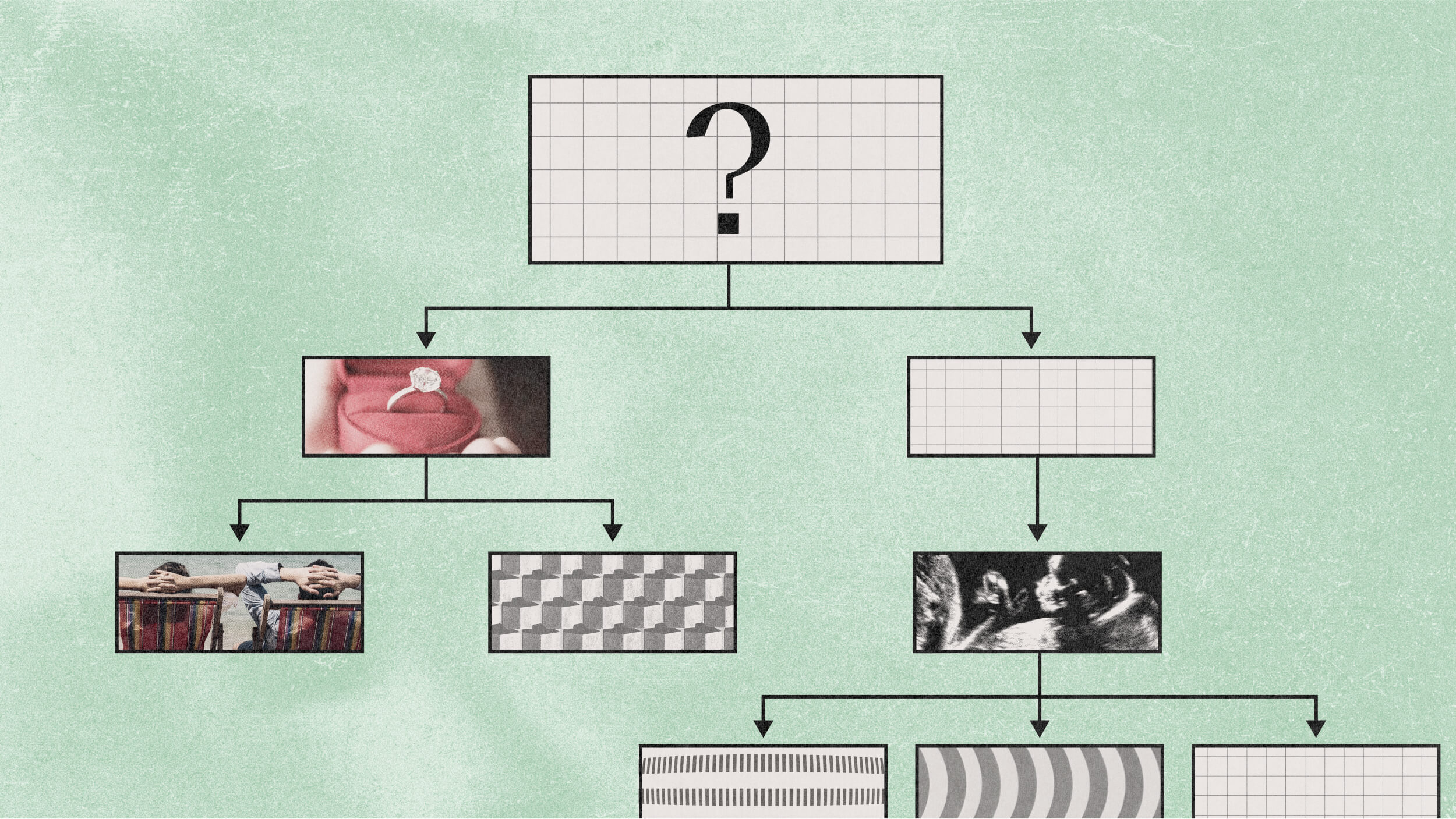You need to fail. Here’s why.

In a world where everyone wants to be successful, where celebrities, athletes, and the very rich are idolized as demigods, failure is tagged as something shameful, something that we must avoid at all costs and, if we can’t, that we must at least pretend it didn’t happen. In the current mindset, if you fail, you’d better hide it.
This attitude toward failure must change. Some companies have recently understood this and have started to celebrate failure as a precondition to success. A good example is GoogleX, or X—the Moonshot Factory, a Google subsidiary with the mission to “invent and launch ‘moonshot’ technologies that we hope could someday make the world a radically better place.” At X, failure is celebrated; how else would breakthroughs happen if not on the shoulders of many failures? (The company’s CEO, Astro Teller, gave a very illuminating TED talk on his philosophy on failing to succeed.)
Some years back, Costica Bradatan, an associate professor of comparative religion at Texas Tech University and an editor for the Los Angeles Review of Books, wrote a piece for The New York Times which inspired me to think about this and to write my own tribute to failure, and why it matters to us.
We fail when we try to do something. Just this fact should already be enough to establish the importance of failing: it is inversely related to the effort we put into a project. Little effort usually turns into big failures. On the other hand, to avoid doing something with the fear of failing is even worse, as it leads to stagnation and a paralyzing fear of trying something new. If you are a scientist or an artist, you must fail to move forward; creativity feeds on it. Every poet, every painter, every scientist collects a huge number of failures, much larger than of successes. Weak, rambling sentences; aimless brush work; wrong hypotheses, calculation mistakes. In sports is no different: success comes (or not) from very hard work, after many disappointments.
Success is the progeny of failure.
Many people imagine a genius as the person that never fails, to whom everything comes easy, somewhat magically. Big illusion. Every genius suffers the pains of creation, getting lost, going in the wrong direction, trying this or that until the solution comes (or not). Maybe this is why Irving Stone called his biographical novel about Michelangelo The Agony and the Ecstasy. Both are integral parts of the creative process: the agony that comes with another failure, and the ecstasy of finding the right way forward, of having created something new, something meaningful, that no one had done before, something that could open a new door to society, perhaps even a new way of looking at the world and at ourselves.
Failure teaches humility, empathy
Nothing better than failure to teach us to be humble as we face life’s challenges. Failure teaches us to tolerate our limitations and, as a byproduct, those of others. If everything we did was a big success, how could we ever have empathy for those who fail? Failure is essential for empathy, and empathy is essential for a healthy society.
Although there are exceptions, I believe that the best teachers are those who struggled as students, those who had to work extra hard to do well in school. When it’s their turn to teach, that extra amount of work and dedication translates into better care and understanding of their students’ struggles. Without failure, success would be pointless.
Empathy comes from self-knowledge, from the recognition that what others feel is also what you feel or have felt at some point in life.
Quite often, personal vanity gets in the way and distorts memories of our past failures. This is what happens with arrogant people, those who hide their failures and limitations under a mask of success. Or, as my grandfather used to say, “if you wear a hat bigger than your head, it covers your eyes.” We see this everywhere, from our teammates in school soccer to CEOs and presidents of nations.
If failure were better accepted socially, arrogance would be that much rarer.
In closing, I can’t leave out the unavoidable failure that we all share: the final shutdown of our bodies when the time comes. Many people, when faced with this inescapable outcome, embrace the possibility of some kind of incorporeal existence, be it of a scientific or religious nature, while others go the other way and embrace life here and now, living every day with voluntary intensity. Many go both ways, believing in an afterlife and living life to the fullest.
What should one do? The answer, of course, is deeply personal, and depends on many factors, from family upbringing to social and cultural context. However, given the uncertainties of actually realizing the wish for an incorporeal existence—as a spirit or some form or digitalized information—it seems to me prudent to embrace the life we have now, celebrating our failures as an essential part of being alive.
A life without failures is a life less lived.
The post You Need to Fail. Here’s Why. appeared first on ORBITER.





